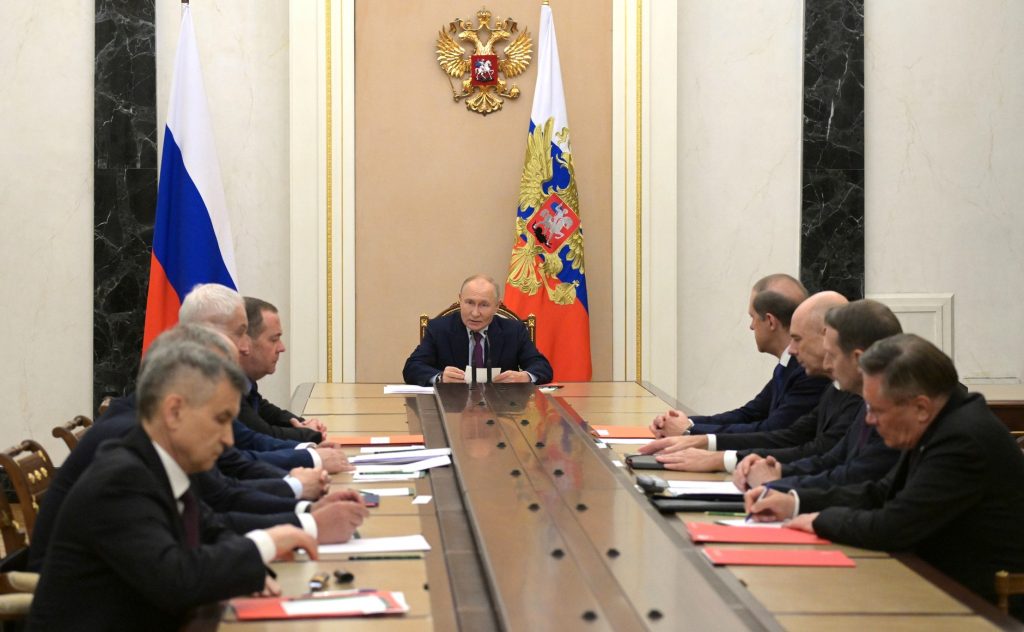By Fyodor Lukyanov, RT, 9/12/24
There’s a reason why 2024 has been called the year of the big elections. More than half of the world’s population will be called to the ballot boxes, but this time it goes deeper than normal. Voting has always been important, of course, but in calmer – or rather more orderly – times, not every election was considered crucial. Now, on the contrary, consequential elections are routine. Almost every contest is capable of shaking up, if not changing, the course of events. And it’s not just about who wins. More important is the sense of legitimacy, and the recognition by citizens that the results themselves are legitimate.
This should be a well-established, self-evident truth. Firstly, it has always been the case, and secondly, political institutions exist to ensure it. The era of rule by force alone is long gone, and even openly authoritarian regimes have to take account of the interests and demands of the population. And entrenched democracies have to find sophisticated ways to maintain stability and continuity in the face of mistrust of procedures.
Twenty years ago, one of the dominant trends was ‘promoting democracy’. The policy of the neo-conservative US administration (George W. Bush and Dick Cheney) was based on the ideological postulate that the spread of the democratic form of government around the world is the most reliable guarantee not only of the national interests of the US, but also of a positive universal order. They felt that one was inseparable from the other.
The range of tools they had was wide: From actively supporting certain social processes (color revolutions – which raged from the post-Soviet space to the Middle East and North Africa) to direct military intervention to effect regime change (from the Balkans to the Middle East again). Whether Washington wanted it or not, democracy became a political and economic tool for external rather than internal use. The notion of the fundamental importance of having elections recognized by an external arbiter – with the right to certify the result – was what emerged. And if that arbiter wasn’t happy with the outcome, it empowered itself to demand a revision, even by force.
The implication was that problems with electoral legitimacy were only possible in fragile young democracies. However, even in stable, well established democracies, things do not always run smoothly – even if generally institutions guarantee order.
Now, two decades later, the focus has shifted to those same older democracies. Many of these countries are undergoing changes that involve the erosion, if not the loss, of familiar ways of life and ideas about the future. The capitalist economy seems to be solving the problems not of society but rather its own issues. And technology may work wonders, but whether it is to the benefit or detriment of man, is less and less obvious.
Political mechanisms carry a heavy burden. They have to keep the system afloat, and prove its effectiveness and legitimacy. After all, the parties may once have reflected the composition of societies, but many no longer do so. Trust in institutions is falling, as it almost always does in times of great change. And the nature of the mistrust is similar to that which created the conditions for color revolutions in more fragile states. Hence the constant fears (and they may be genuine) of outside interference and influence. The American and Western European establishment knows very well how to intervene in and influence troubled societies – now they think the same will happen to them.
So far, the ruling elites have been strong enough to cope. On the one hand, there are still considerable economic reserves that can be used to plug holes, and on the other hand, there is the adroit use of manipulation that makes it possible not to allow alternatives to take the helm. But these resources are not infinite. Paradoxically, systems accused of being undemocratic are probably better equipped to survive, at least in the short and medium term. They have to constantly demonstrate to citizens that they are capable of solving their problems, whereas a traditional democracy believes that democratic turnover itself is a remedy for problems. In reality, swapping out one party in power for another changes almost nothing, which only exacerbates discontent.
All signs suggest we are now in a transition period, and it is impossible to predict what the future will look like. But the process promises to be long and uneven, and much depends on how – and in what form – the new reality is embraced. What is happening now are attempts to maintain an acceptable status quo in spite of all the obstacles.
This article was first published by the newspaper Rossiyskaya Gazeta and was translated and edited by the RT team:
https://rg.ru/2024/09/10/cvetnye-revoliucii-naoborot.html
Like this:
Like Loading...
